NCI
-
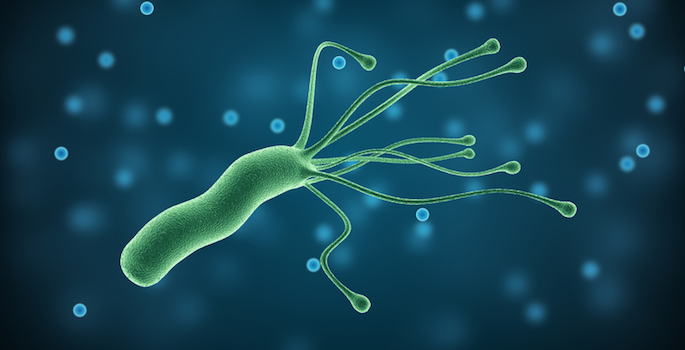
Powering H. pylori pathogenesis
Timothy Cover and colleagues report new insights into the sources of energy used by a bacterial “machine” linked to the pathogenesis of stomach cancer. Read MoreFeb 6, 2020
-
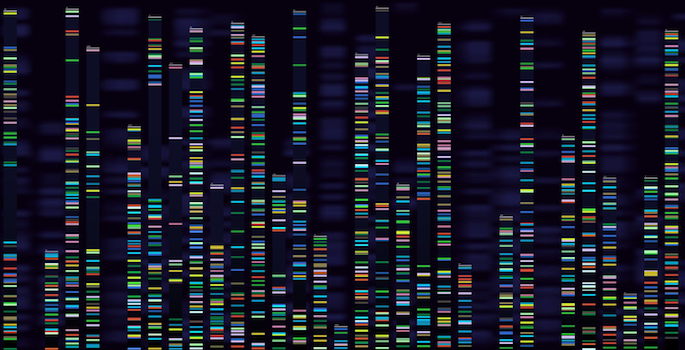
New tool probes gene regulation
Vanderbilt biochemists got unexpected results when they used their new approach to explore the role of DNA methylation in gene regulation. Read MoreFeb 6, 2020
-

HDL-cholesterol and breast cancer risk
Genetic analyses suggest that high circulating HDL-cholesterol levels may increase breast cancer risk — a surprising finding since increased HDL-cholesterol is thought to be healthy. Read MoreJan 23, 2020
-
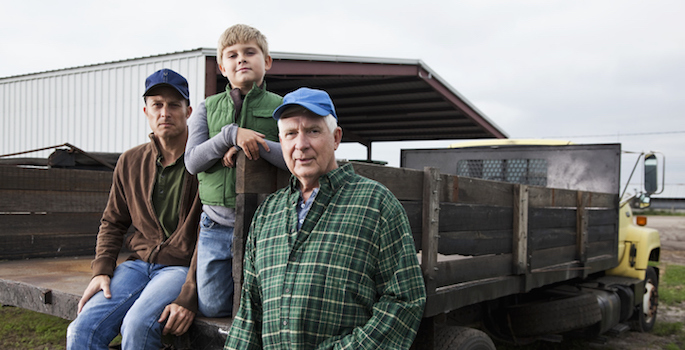
Study links Medicaid expansion and recipients’ health status
In Southern states that expanded their Medicaid programs under the Affordable Care Act, adults experienced lower rates of decline in both physical and mental health, according to a new Vanderbilt analysis. Read MoreJan 10, 2020
-

A new regulator of B cell development
New findings establish a role for the pro-inflammatory molecule IL-33 in the early development of antibody-producing B cells. Read MoreOct 8, 2019
-

A step toward gastric cancer
New research findings provide insight into the detrimental events that develop in response to H. pylori infection. Read MoreOct 3, 2019
-

A catalog of DNA replication proteins
Vanderbilt scientists have identified 593 proteins that are enriched at sites of DNA duplication and chromatin packaging of newly synthesized DNA. Read MoreOct 3, 2019
-

Potential prostate cancer biomarkers
An analysis of more than 140,000 people of European ancestry has identified blood protein biomarkers associated with prostate cancer risk. Read MoreSep 19, 2019
-

A “rheostat” for cancer signals
Jason MacGurn and colleagues have characterized a “rheostat” that sets WNT pathway signaling in breast cancer cells. Read MoreAug 27, 2019
-
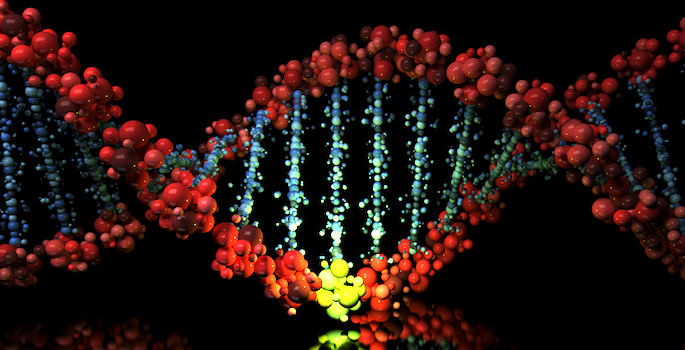
Cancer susceptibility genes
Gene variants associated with cancer risk appear to contribute to carcinogenesis by regulating target genes that in turn promote the generation of mutations. Read MoreAug 26, 2019
-

New prostate cancer treatment concept
Combining immunotherapy and radiation therapy may be a powerful treatment approach for castration-resistant prostate cancer. Read MoreAug 22, 2019
-

Host-microbe interactions in the gut
Vanderbilt investigators demonstrated that intestinal cells promote beneficial microbe behavior — the findings support developing microbiota-based therapies for intestinal health. Read MoreAug 13, 2019
-
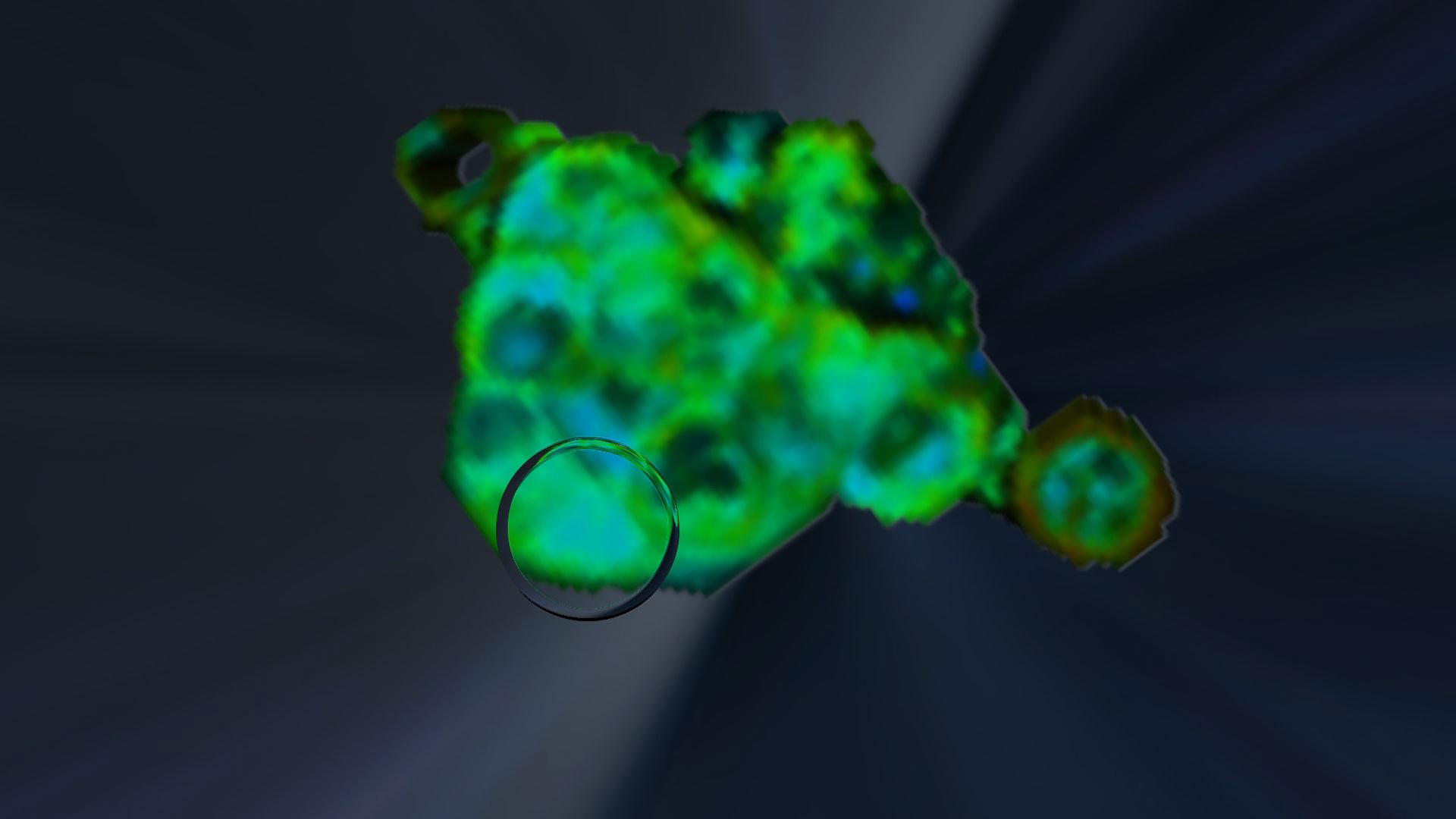
Pancreatic cancer clue
Inflammation synergizes with a cell’s intrinsic genetic program to promote the development of pancreatic cancer. Read MoreAug 12, 2019
-

A critical factor for wound healing
Vanderbilt-Ingram Cancer Center scientists have discovered a role for a tumor suppressor protein in skin wound healing. Read MoreJul 16, 2019
-

Fish oil and cancer prevention
Fish oil supplementation provides a modest but beneficial effect on reducing molecules associated with colorectal cancer development. Read MoreJun 24, 2019
-
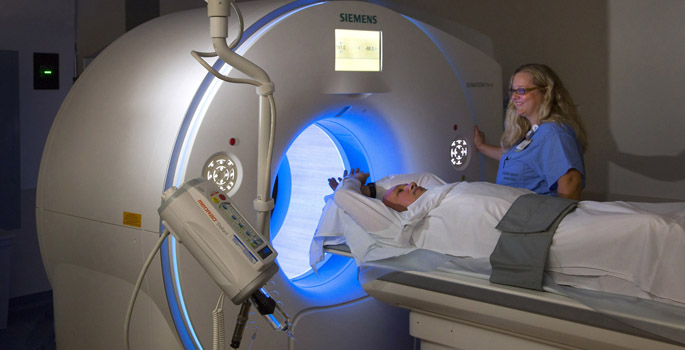
Potential probe for early ovarian cancer
Larry Marnett and colleagues have developed what may become the first agent for targeted PET imaging of cancer tissues, such as ovarian cancer, that express high levels of the COX-1 enzyme. Read MoreJun 20, 2019
-

Mouth health and colorectal cancer
Microbial species in the mouth could be playing a role in colorectal cancer development, according to new research from epidemiologists at VUMC. Read MoreJun 6, 2019
-
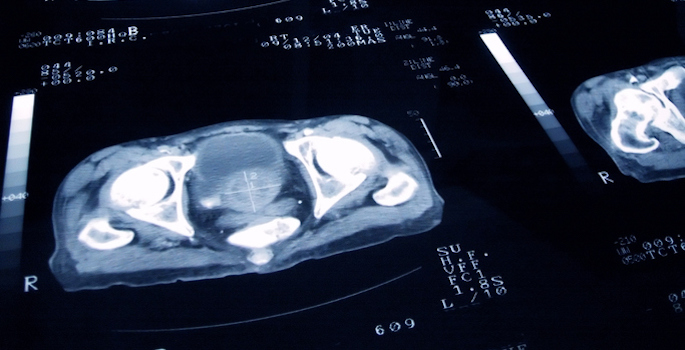
Pathways of radiosensitization
Austin Kirschner and colleagues are learning more about how the cancer drug enzalutamide combines with radiation therapy to treat difficult prostate tumors. Read MoreApr 12, 2019
-

Cancer’s SOS
Stephen Fesik and colleagues have uncovered more details about how a crucial component of RAS proteins, which trigger about a third of all tumors, work. This finding will help advance the discovery of new cancer therapies. Read MoreApr 4, 2019
-

Cancer prevention drug also disables H. pylori bacterium
A medicine currently being tested as a chemoprevention agent for multiple types of cancer has more than one trick in its bag when it comes to preventing stomach cancer, Vanderbilt researchers have discovered. Read MoreMar 28, 2019